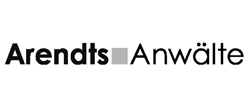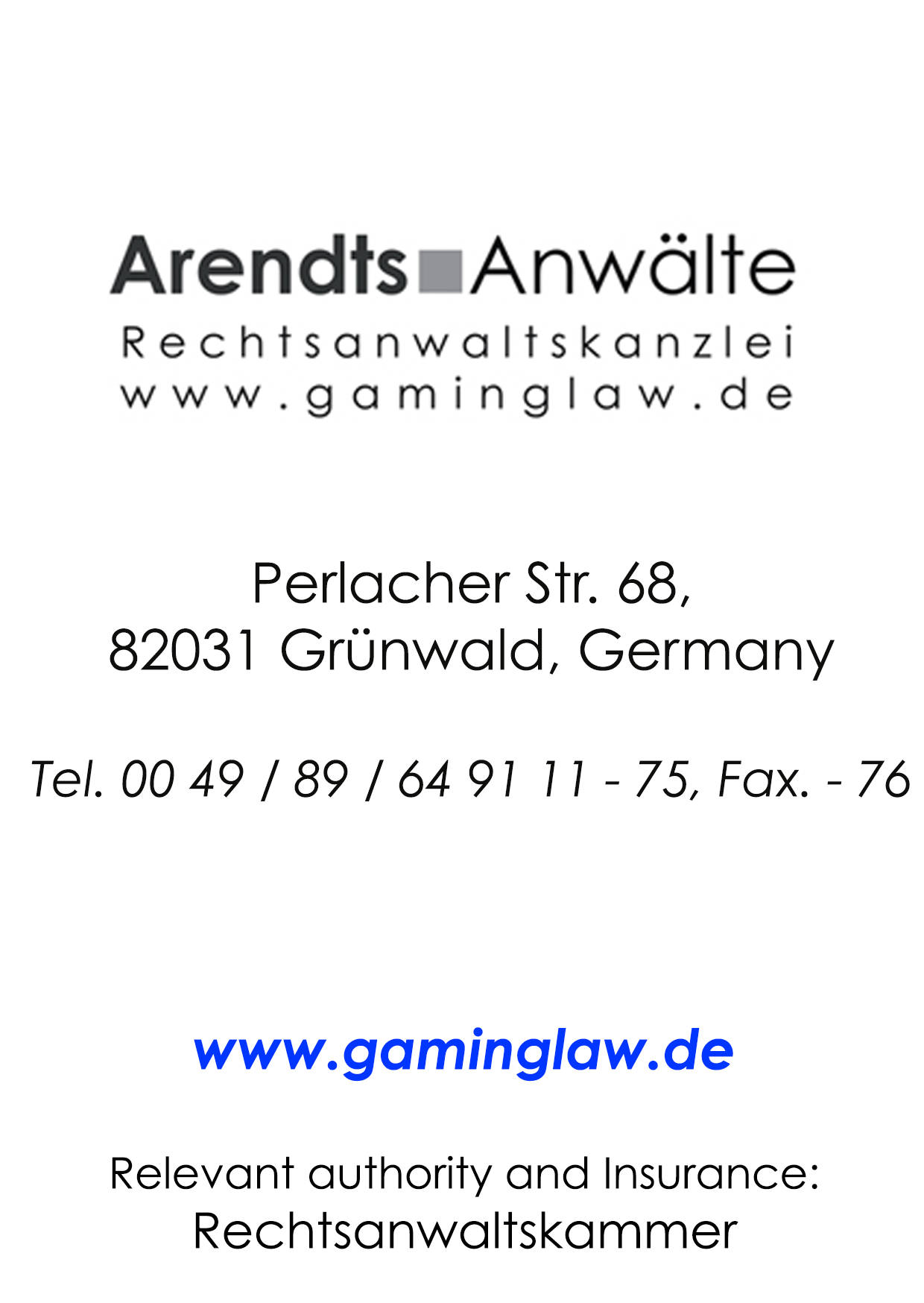Press release of EGBA
Brussels, 28 June 2013 – One year after the commencement of the First Amendment to the Interstate Treaty on Gambling (1st GlüÄndStV), the restricted market opening for sports betting in Germany is still to get off the ground. This confirms the concerns of Europe’s leading gaming companies and the European Commission concerning the German regulation and its implementation.
The amended Interstate Treaty on Gambling entered into force on 1st July 2012 and heralded the reformation of gambling in Germany after the European Court of Justice (ECJ) declared that the German regulation infringed upon European law in 2010. According to the Treaty, the market is only open to 20 sports betting providers for a period of seven years. In doing this, the Treaty aims to channel the black market and combat gambling addiction.
The European Commission was prompt to express concerns about the German regulation, particularly in relation to the problematic limitation of providers and the Treaty’s lack of consideration of online poker and casino games. The Commission fails to see how a restriction of the overall number of licenses is a suitable means to achieve the goals set (see notification of Interstate Treaty on Gambling 2011/0188/D). In combination with the narrow boundaries imposed on the organisation of sports betting, the limitation makes it extremely difficult to provide an attractive (online) sports betting offer in Germany.
These concerns of the Commission now seem to be confirmed: One year after coming into effect, the new regulation on sports betting has proved unsuccessful, and one year of the seven-year open period has already elapsed without any sports betting providers being admitted to the market. The procedure selected by federal state leaders to issue the 20 sports betting licenses does not meet European requirements: it has failed to provide candidates with clear, transparent and reliable information concerning the tender criteria to be used. This has led to numerous lawsuits by providers and several postponements of licence awards by the administration. It remains unclear when exactly the licenses will be granted, and even the authorities expect up to 80 proceedings, involving both unsuccessful applicants and licence holders. In addition, online poker and casino providers are not part of the limited market opening, despite the fact that this segment constitutes a much larger market portion than sports betting.
Maarten Haijer, General Secretary of the EGBA, states, ‘Numerous questions concerning sports betting remain unanswered in Germany, despite the fact that the tender procedure has been running for months. Even if the allocation is successful, it will result in a market regulation that will bring disadvantages for everyone involved – not only the providers and authorities but also amateur and professional sports and the advertising sector, which are closely dependent on betting providers.’
The sluggish licence allocation shows just how problematic the chosen regulatory model is. The EGBA believes that the Commission’s concerns can only be resolved if the regulatory approach is completely revised or the tender procedure is started again.In any case, the German regulation stands as a lone model in Europe. In other European countries providers are admitted to the market based on a comprehensive catalogue of criteria. Moreover, the betting licence procedure practised in Schleswig-Holstein since 2011 presents an example of successful regulation within Germany itself: there, licences are only granted to providers who can prove their fulfilment of high reliability, quality, profitability and safety criteria. These procedures have proven their success in practice and have not led to any of the delays or legal battles witnessed in Germany.
Maarten Haijer concludes: ’Germany is a prime example of how a political compromise that no one wishes to disavow can create a very poor procedure. For our members who are active throughout Europe, the German approach is simply incomprehensible against the background of successful European regulations and the continued existence of concerns in terms of European law.’
In light of the procedural problems in the granting of licences, the achievement of the political aims of channelling the black market and combating gambling addiction has been pushed into the background. The European Commission is planning an intensive evaluation of the German regulation as part of an inspection of the Interstate Gambling Treaty by 2014. The procedure used to issue licences is expected to be the subject of the evaluation.
German customers have the right to receive an efficiently regulated offer that meets their demand for digital entertainment and avoid consumer need to online gamble in Asia. To support fact based policy making and make available its experience to national policy makers and other stakeholders, EGBA will very soon establish a Berlin Branch to represent the online industry.
About EGBA
The European Gaming and Betting Association (EGBA) is the industry association for the online gambling and betting providers Bet-at-home.com, bwin.party, Betclic,Digibet, Expekt and Unibet, which are registered, licensed and regulated in the European Union. The EGBA advocates a consistent online betting and gambling market regulated by fair competition in accordance with EU law. The EGBA firmly believes that such a regulated market should be based on upholding public order and safeguarding consumer interests whilst corresponding to the cross-border character of the online market. www.egba.eu





